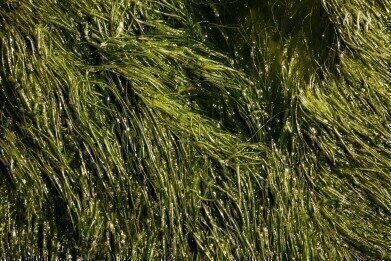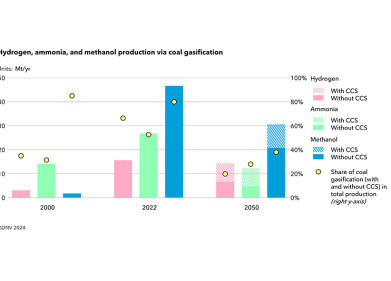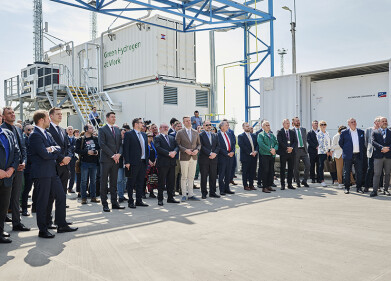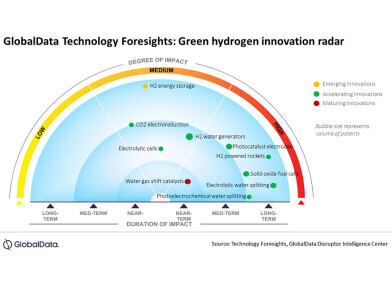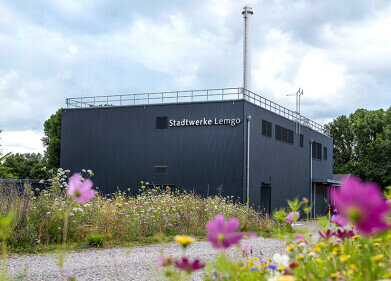Green Energy
Algae - Nothing But Trouble or the Next Super Biofuel?
Mar 10 2015
For decades algae has carried a stigma of being an environmental pest that jeopardises the health of H2O ecosystems. We’ve seen nuisance algae many times before. For example, take a look at when Toledo was left without drinking water, when toxic algae threatened marine environments in Indonesia or Hong Kong's fluorescent blue shoreline.
However the latest research at Wageningen University has indicated that algae could be the world’s next super biofuel, with the capacity to turn carbon dioxide into energy derived from organic matter. Carried out by Professor René Wijffels, the experiment’s goal is to slash the cost and energy consumption rates of algae biodiesel production.
For years scientists have been toying with the idea of using biofuel as a substitute for petrol. When correctly processed natural oils from the organic matter can be used to manufacture a variety of combustible fuels with carbon neutral credentials.
So what makes algae such a good contender?
One of its major draw cards is the fact that it doesn’t require the use of land that could otherwise be used to house crops or livestock. Its robust build means that it thrives in salt water and polluted H2O while its ability to absorb toxins from the air makes it carbon neutral. Furthermore, algae grows incredibly quickly which means it can produce up to 20 times more oil than standard land crops.
Yet despite its potential, attempts to produce biofuel from algae have been crushed. This is because the transparent reactors that house the algae sometimes chew up more energy than they create. Wijffels explains, “If you produced microalgae today for biofuel production, with most of the technologies you would have a ‘negative energy balance’, and actually would produce more CO2 than fossil fuels.”
To counteract the problem Wijffels is attempting to develop a new, energy efficient way of collecting the algae. The idea is to use flocculants to encourage clumping and make it easier to retrieve the eukaryotic organisms. To do this he’s introduced two different strains, the flocculants rich Ankistrodesmus falcatus and the oil abundant Chlorella vulgaris.
“You can have co-cultures of microalgae, in which one of them is really good at oil accumulation and the other one is really good at sticking to the other algae,” he explains. “The art, of course, is to have a large percentage of oil-producing algae and a very small percentage of those flocculating algae.”
To explore the potential of his new technique Wijffels plans to carry out a series of experiments at Wageningen University’s Algae Production and Research Centre. The centre is funded by a myriad of high profile companies including Total, ExxonMobil and Synthetic Genomics.
Adding to algae’s appeal as a biofuel is the fact that its by-products are also useful, with scientist Schlarb-Ridley maintaining that “Fortunately, as well as being oil producers, algae are also a valuable source of protein for fish and animal feed.” If algae biofuel reactors could be used in conjunction with fisheries and farms there could be some serious potential on the horizon!
Events
May 05 2024 Seville, Spain
May 13 2024 Munich, Germany
May 23 2024 Beijing, China
May 23 2024 Beijing, China
Jun 10 2024 Algiers, Algeria
